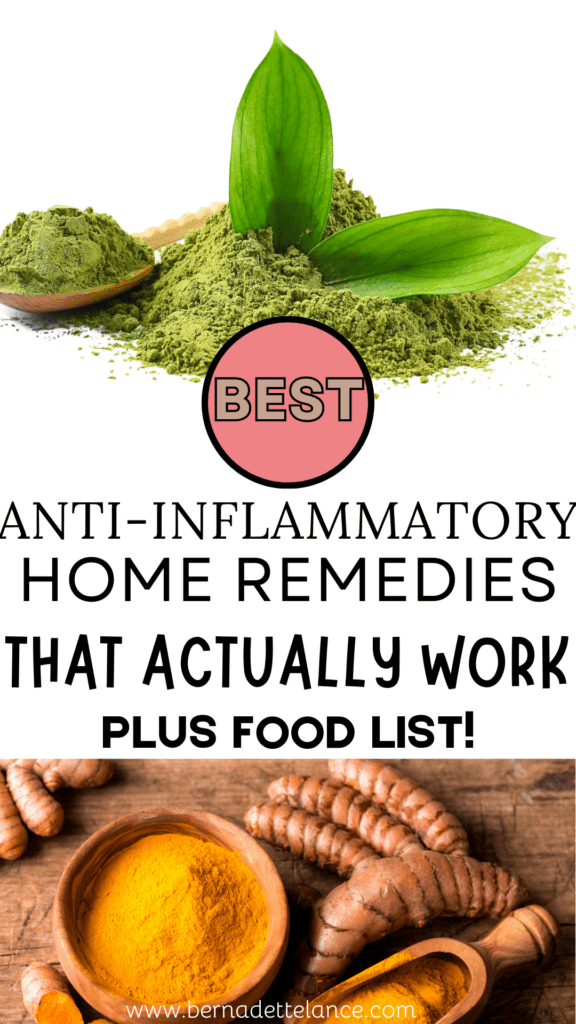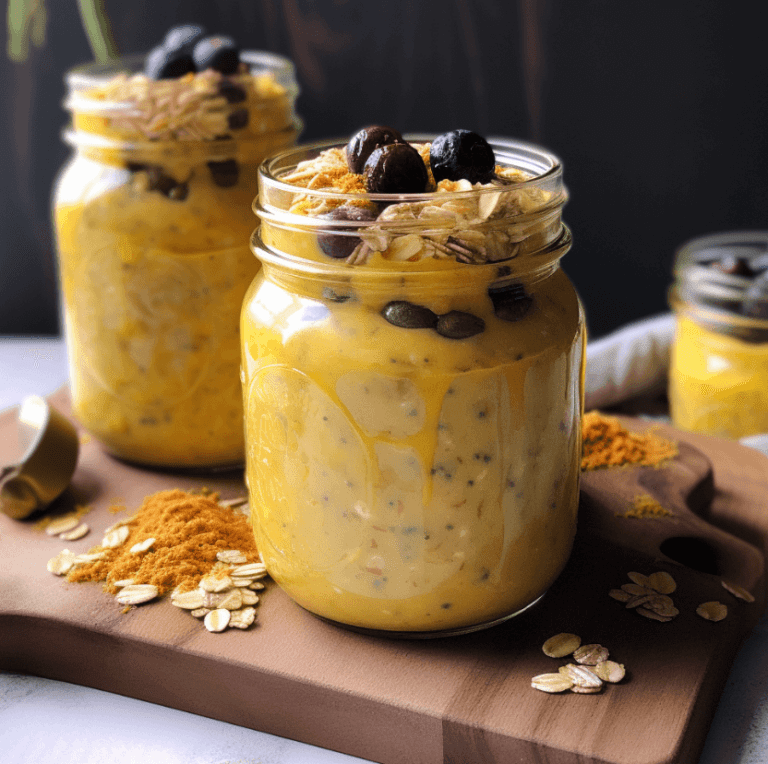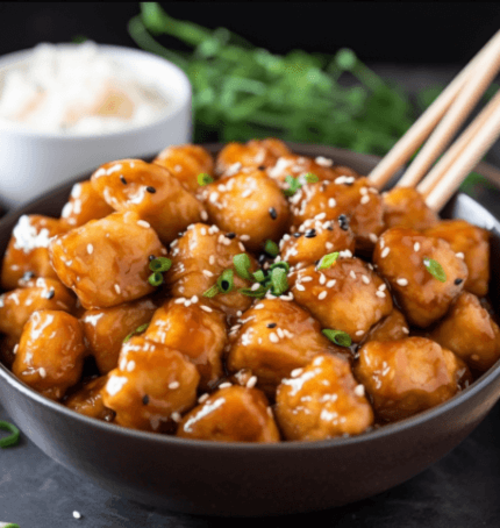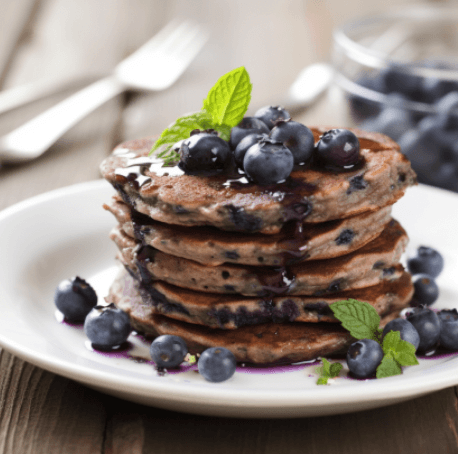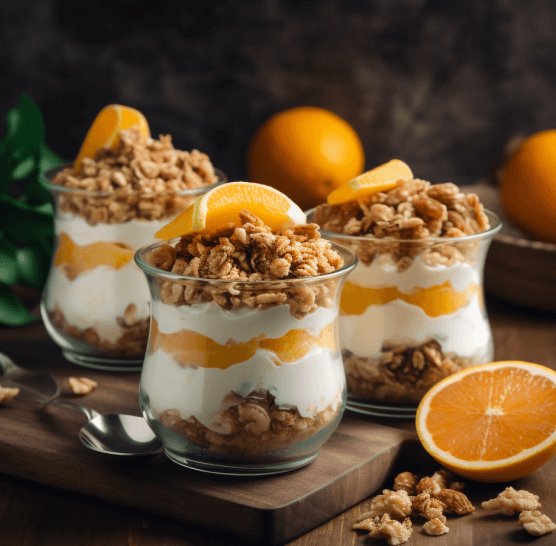Best Anti-Inflammatory Home Remedies to Reduce Inflammation
Inflammation is the body’s natural response to injury, stress, or illness, but when it becomes chronic, it can lead to serious health issues like arthritis, heart disease, and digestive disorders. However, you don’t need prescription drugs to fight inflammation, there are powerful home remedies and anti-inflammatory foods that can help your body heal naturally.

In this post, we’ll explore:
✔ The best anti-inflammatory home remedies 🏡
✔ A complete list of anti-inflammatory foods 🍓🥑
✔ Easy ways to incorporate them into your diet 🍽️
If you’re ready to reduce pain, boost your immune system, and feel better naturally, keep reading!
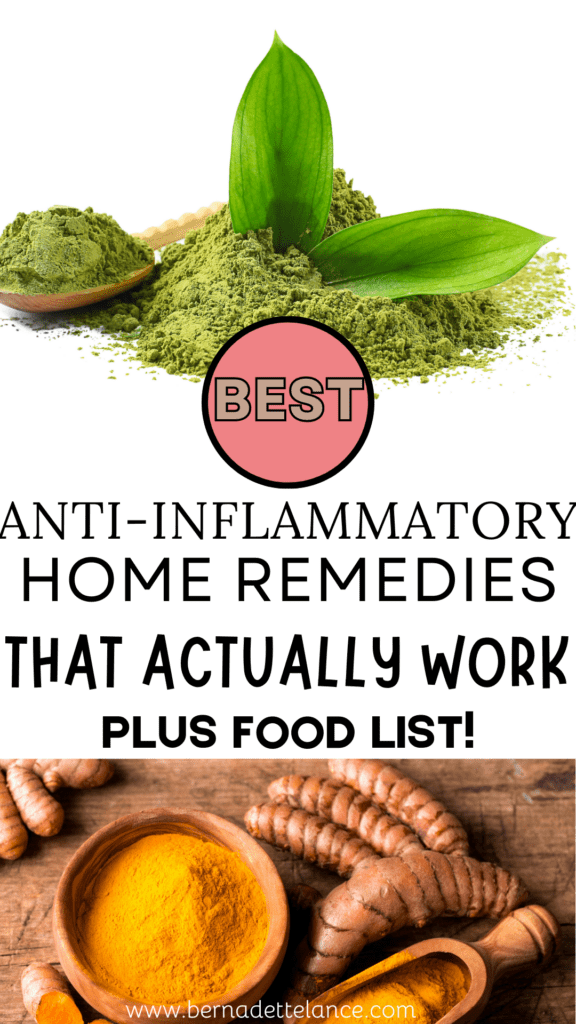
Best Anti-Inflammatory Home Remedies
You don’t need expensive treatments or medications to combat inflammation, some of the best solutions are already in your kitchen! These natural remedies help soothe the body, reduce swelling, and promote healing.
1. Turmeric & Black Pepper Tea ☕
Why it works:
Turmeric contains curcumin, a compound with powerful anti-inflammatory properties. Adding black pepper enhances curcumin absorption, making it even more effective.
✅ How to use it:
- Mix 1 teaspoon of turmeric powder with a pinch of black pepper in warm water or milk.
- Drink once or twice daily for best results.
💡 Tip: Try golden milk by adding turmeric, black pepper, cinnamon, and honey to warm almond or coconut milk!

2. Ginger Lemon Shot 🍋
Why it works:
Ginger has natural anti-inflammatory and pain-relieving properties, making it great for joint pain, digestive issues, and sore muscles.
✅ How to use it:
- Blend 1-inch piece of fresh ginger with half a lemon’s juice and a little honey.
- Drink it as a morning shot to kickstart your body’s natural healing.
💡 Tip: Add ginger to soups, stir-fries, or smoothies for an extra inflammation-fighting boost!
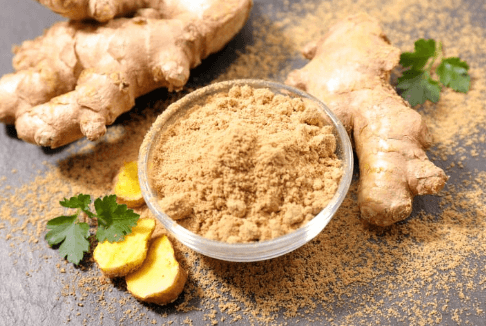
3. Apple Cider Vinegar Tonic 🥤
Why it works:
Apple cider vinegar helps balance gut bacteria, regulate blood sugar, and reduce inflammation.

✅ How to use it:
- Mix 1 tablespoon of raw apple cider vinegar with 8 ounces of water.
- Drink before meals to aid digestion and fight inflammation.
💡 Tip: Add a little honey or cinnamon to make it more palatable!
4. Epsom Salt Soak 🛁
Why it works:
Epsom salt is rich in magnesium, which helps relax muscles, reduce swelling, and improve circulation.
✅ How to use it:
- Add 1–2 cups of Epsom salt to warm bathwater.
- Soak for 20 minutes to reduce inflammation and soreness.
💡 Tip: For extra relaxation, add lavender or eucalyptus essential oil!
5. Green Tea 🍵
Why it works:
Green tea is loaded with antioxidants called catechins, which fight inflammation and boost immunity.

✅ How to use it:
- Drink 2–3 cups of green tea daily for maximum benefits.
- Add lemon or honey for extra flavor.
💡 Tip: Try matcha green tea, which has even higher antioxidant levels!
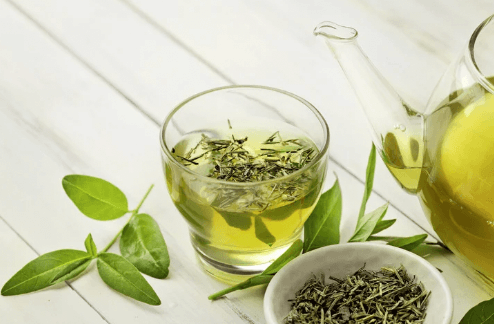
6. Cold & Warm Compresses ❄️🔥
Why it works:
Hot and cold therapy can reduce inflammation, improve circulation, and relieve pain.
✅ How to use it:
- Use an ice pack for acute swelling and pain relief (10–15 minutes at a time).
- Use a warm compress for stiff joints and muscle relaxation.
💡 Tip: Try alternating heat and cold therapy for even better results!
7. Aloe Vera Juice 🌿
✅ How to use it:
- Drink 1–2 ounces of aloe vera juice in the morning.
- Apply pure aloe gel to inflamed skin or sunburns.
💡 Tip: Look for organic, food-grade aloe vera juice for the best benefits.
Best Anti-Inflammatory Foods 🍎🥑🥦
The foods you eat play a huge role in controlling inflammation. A diet rich in anti-inflammatory foods can help reduce pain, improve digestion, and boost overall health.
Here’s a complete list of the best anti-inflammatory foods to include in your diet!
| Food Category | Best Anti-Inflammatory Foods |
|---|---|
| Fruits 🍓 | Berries (strawberries, blueberries, raspberries), oranges, cherries, apples, grapes |
| Vegetables 🥦 | Leafy greens (spinach, kale), broccoli, cauliflower, carrots, bell peppers |
| Healthy Fats 🥑 | Avocados, extra virgin olive oil, coconut oil, nuts (almonds, walnuts) |
| Herbs & Spices 🌿 | Turmeric, ginger, garlic, cinnamon, rosemary, oregano |
| Protein Sources 🥩 | Salmon, sardines, grass-fed beef, tofu, lentils |
| Whole Grains 🌾 | Quinoa, brown rice, oats, barley |
| Beverages 🍵 | Green tea, chamomile tea, ginger tea, bone broth |
| Fermented Foods 🥒 | Yogurt, kimchi, sauerkraut, kefir, miso |
| Seeds & Nuts 🌰 | Chia seeds, flaxseeds, sunflower seeds, pumpkin seeds |
| Dark Chocolate 🍫 | 70% cacao or higher for powerful antioxidants |
💡 Tip: Avoid processed foods, sugary drinks, and refined carbs, as they can trigger inflammation.
How to Easily Add Anti-Inflammatory Foods to Your Diet 🍽️
✔ Start your morning with turmeric or ginger tea.
✔ Snack on berries, nuts, and dark chocolate.
✔ Add leafy greens and colorful veggies to every meal.
✔ Use olive oil instead of processed vegetable oils.
✔ Eat more fatty fish like salmon or sardines.
✔ Drink more herbal teas like green tea and chamomile.
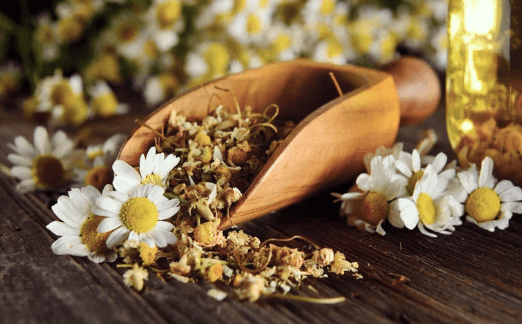
FAQs: Anti-Inflammatory Home Remedies & Foods
1. How long does it take for anti-inflammatory foods to work?
It depends on your current diet and lifestyle. Some people notice less bloating and improved energy in a few days, while chronic inflammation (like arthritis or gut issues) may take a few weeks of consistent healthy eating.
💡 Tip: Stay patient and focus on long-term changes rather than quick fixes.
2. What is the #1 anti-inflammatory food?
While many foods fight inflammation, turmeric is one of the most powerful due to its curcumin content. However, for best results, a combination of anti-inflammatory foods (leafy greens, berries, olive oil, and omega-3s) works best.
3. Are there any drinks that help reduce inflammation?
Yes! The best anti-inflammatory drinks include:
- Turmeric tea ☕ (boosted with black pepper)
- Ginger tea 🍵 (great for digestion & pain relief)
- Green tea 🌿 (rich in antioxidants)
- Aloe vera juice 🥤 (soothes gut inflammation)
- Bone broth 🍲 (supports joint health)
💡 Tip: Try replacing coffee or soda with one of these for added benefits.
4. Can inflammation be completely cured through diet?
While diet plays a huge role, other factors like stress, lack of sleep, and toxins can also contribute to inflammation. Combining a healthy diet with lifestyle changes (like stress management and exercise) gives the best results.
5. What foods cause inflammation? (Foods to Avoid) 🚫
Certain foods are known to trigger inflammation, including:
- Processed meats (bacon, sausages, deli meats)
- Refined carbs (white bread, pastries, sugary cereals)
- Fried foods (French fries, chips, fast food)
- Sugary drinks (soda, energy drinks, excessive fruit juice)
- Artificial trans fats (margarine, hydrogenated oils)
💡 Tip: Avoid excess sugar, processed oils, and ultra-processed foods for the best anti-inflammatory benefits.
6. What are some easy anti-inflammatory meals?
Breakfast: 🍳
- Avocado toast with turmeric scrambled eggs
- Greek yogurt with berries & flaxseeds
- Matcha green tea & almond butter smoothie
Lunch: 🥗
- Spinach salad with salmon, walnuts & olive oil dressing
- Quinoa bowl with roasted veggies & chickpeas
- Grilled chicken with steamed broccoli & sweet potatoes
Dinner: 🍽️
- Baked salmon with lemon, garlic, & asparagus
- Stir-fry with tofu, ginger, & colorful vegetables
- Lentil soup with turmeric & coconut milk
💡 Tip: Meal prep some of these options ahead of time for easy, anti-inflammatory meals all week!
Extensive Anti-Inflammatory Food List
Eating an anti-inflammatory diet is one of the best ways to reduce chronic inflammation, support overall health, and prevent diseases. Below is an extensive food list categorized by type, so you can easily incorporate these foods into your meals!
1. Fruits 🍓🍊
Fruits are packed with antioxidants, fiber, and vitamins that help fight inflammation.
✔ Berries: Strawberries, blueberries, raspberries, blackberries
✔ Citrus Fruits: Oranges, lemons, limes, grapefruit
✔ Tropical Fruits: Pineapple, mango, papaya
✔ Stone Fruits: Cherries, peaches, plums
✔ Apples & Pears
✔ Pomegranate
✔ Grapes (especially red & black)
💡 Best Tip: Berries and citrus fruits are especially rich in flavonoids that help reduce inflammation!
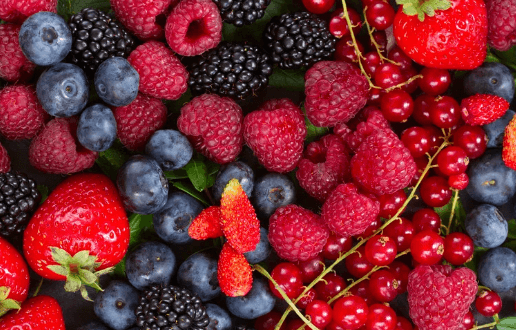
2. Vegetables 🥦🥕
Vegetables are some of the most powerful anti-inflammatory foods, packed with fiber, vitamins, and phytonutrients.
✔ Leafy Greens: Spinach, kale, Swiss chard, arugula, collard greens
✔ Cruciferous Veggies: Broccoli, cauliflower, Brussels sprouts, cabbage
✔ Root Vegetables: Carrots, sweet potatoes, beets, turnips
✔ Alliums: Onions, garlic, leeks, scallions
✔ Bell Peppers (all colors)
✔ Tomatoes
✔ Zucchini & Squash
✔ Mushrooms (shiitake, portobello, maitake, reishi)
💡 Best Tip: Aim for colorful vegetables to get a variety of antioxidants and anti-inflammatory benefits!
3. Healthy Fats & Oils 🥑🫒
Healthy fats help reduce inflammation, support brain health, and improve heart function.
✔ Olive Oil (extra virgin)
✔ Avocados & Avocado Oil
✔ Coconut Oil
✔ Flaxseed Oil
✔ Walnut Oil
✔ Almond Butter & Nut Butters (unsweetened)
✔ Ghee (clarified butter, if tolerated)
💡 Best Tip: Extra virgin olive oil is one of the best anti-inflammatory oils—use it daily for cooking or salad dressings!
4. Nuts & Seeds 🌰
Nuts and seeds provide omega-3s, fiber, and plant-based protein, which help fight inflammation.
✔ Chia Seeds
✔ Flaxseeds (ground or whole)
✔ Hemp Seeds
✔ Walnuts
✔ Almonds
✔ Pecans
✔ Pumpkin Seeds (Pepitas)
✔ Sunflower Seeds
💡 Best Tip: Add chia or flaxseeds to smoothies or oatmeal for an extra anti-inflammatory boost!
5. Whole Grains 🌾 (If tolerated, choose gluten-free options if needed.)
Whole grains contain fiber and nutrients that help maintain a healthy gut and reduce inflammation.
✔ Quinoa
✔ Brown Rice
✔ Oats (steel-cut or rolled, avoid instant oats)
✔ Buckwheat
✔ Barley
✔ Millet
✔ Farro
💡 Best Tip: Avoid refined grains like white bread, white rice, and pastries, which can increase inflammation.
6. Protein Sources 🥩🐟
Protein helps repair tissues, build muscle, and regulate inflammation. Choose high-quality sources:
✔ Fatty Fish (Rich in Omega-3s): Salmon, sardines, mackerel, trout, herring
✔ Grass-Fed Beef
✔ Organic Chicken & Turkey
✔ Eggs (Pasture-Raised, Omega-3 Enriched)
✔ Tempeh & Tofu (Organic, Non-GMO)
✔ Lentils & Chickpeas
✔ Black Beans & Kidney Beans
💡 Best Tip: Fatty fish are among the most powerful anti-inflammatory foods due to their omega-3 content!
7. Anti-Inflammatory Spices & Herbs 🌿🧄
Many herbs and spices have strong anti-inflammatory effects and can be added to meals easily.
✔ Turmeric (Curcumin)
✔ Ginger
✔ Garlic
✔ Cinnamon
✔ Oregano
✔ Rosemary
✔ Basil
✔ Thyme
✔ Cayenne Pepper
✔ Black Pepper (Boosts Turmeric Absorption)
💡 Best Tip: Use turmeric and black pepper together to increase curcumin absorption for maximum benefits!
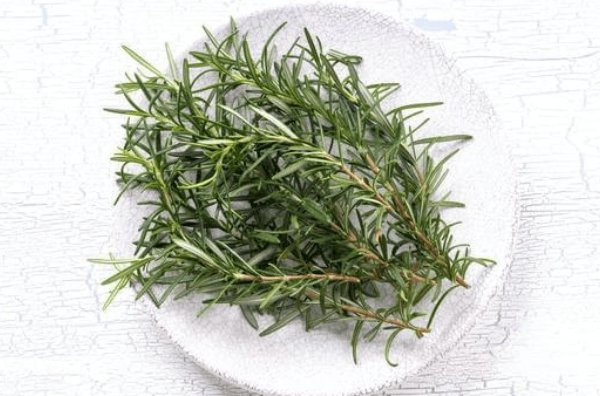
8. Dairy Alternatives 🥛 (If sensitive to dairy, choose plant-based options.)
Certain dairy products can cause inflammation, but some dairy alternatives are more gut-friendly.
✔ Almond Milk
✔ Coconut Milk
✔ Oat Milk
✔ Cashew Milk
✔ Sheep or Goat Milk (if tolerated, easier to digest than cow’s milk)
💡 Best Tip: Opt for unsweetened plant-based milks to avoid added sugars.
9. Fermented & Probiotic Foods 🥒
These foods help support gut health, which plays a major role in controlling inflammation.
✔ Greek Yogurt (Unsweetened, with Probiotics)
✔ Kefir
✔ Kimchi
✔ Sauerkraut
✔ Miso
✔ Tempeh
💡 Best Tip: A healthy gut = less inflammation. Add probiotic-rich foods daily for optimal digestion and immune support!
10. Anti-Inflammatory Beverages ☕🍵
These drinks help hydrate, detoxify, and fight inflammation.
✔ Green Tea
✔ Turmeric Tea (Golden Milk)
✔ Ginger Tea
✔ Bone Broth
✔ Aloe Vera Juice
✔ Beet Juice
✔ Lemon Water
💡 Best Tip: Start your day with warm lemon water or green tea for a natural anti-inflammatory boost!
Foods to Avoid (Pro-Inflammatory Foods) 🚫
Certain foods increase inflammation and should be limited or avoided.
❌ Processed Meats (bacon, hot dogs, sausages)
❌ Refined Carbs (white bread, pastries, white pasta)
❌ Sugary Foods & Drinks (soda, candy, desserts)
❌ Artificial Trans Fats (margarine, processed snacks)
❌ Fried & Fast Foods (French fries, chips, fried chicken)
❌ Excessive Alcohol
💡 Best Tip: Swap processed foods for whole, natural foods to reduce inflammation and boost overall health.
Your Anti-Inflammatory Action Plan
Reducing inflammation naturally doesn’t have to be complicated. A few simple daily habits, like eating more anti-inflammatory foods, drinking herbal teas, and avoiding processed foods—can make a huge difference in your energy, digestion, and overall health.
🔥 Quick Recap:
✅ Eat more berries, greens, fatty fish, turmeric, and olive oil.
✅ Drink green tea, ginger tea, or turmeric lattes daily.
✅ Avoid sugar, processed foods, and refined carbs.
✅ Use home remedies like Epsom salt baths and aloe vera juice.
✅ Stay consistent—small daily changes lead to big results!
Which anti-inflammatory remedy or food will you try first?
